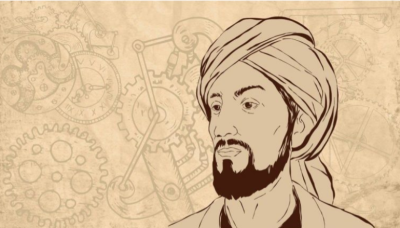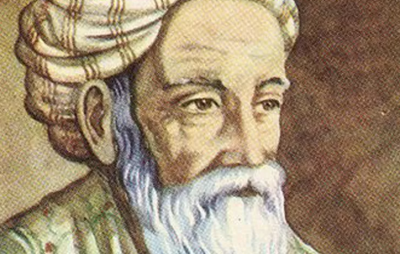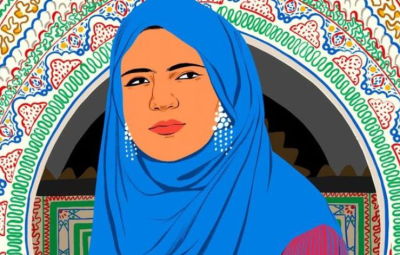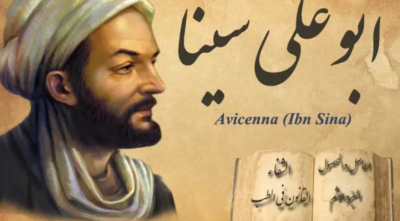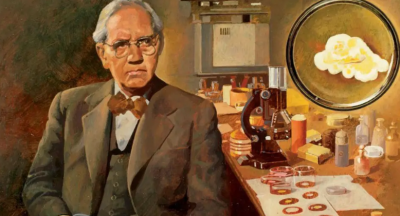
Al-Zahrawi (936–1013) – Father of Surgery
- account_circle admin
- calendar_month 20/03/2025
- visibility 260
- comment 0 komentar
- label Moslem Scientists Speaking
The Story of Al-Zahrawi
A long time ago, in the year 936, a boy named Al-Zahrawi was born in Andalusia, which is now Spain. From a young age, he was fascinated by medicine and helping people. He studied hard and became a great doctor. Little did he know that his work would change the world of surgery forever.
A Brilliant Doctor
Al-Zahrawi became the most famous surgeon of his time. He treated many patients and performed surgeries with great skill. He wanted to share his knowledge, so he wrote a book called Al-Tasrif. This book contained 30 volumes about medicine and surgery. It became the most important medical book for doctors in Europe and the Islamic world for hundreds of years.
One of his greatest contributions was in surgical instruments. He designed more than 200 tools, many of which are still used today. He invented forceps for delivering babies, scalpels for cutting, and special scissors for delicate surgeries. His instruments were carefully designed to help surgeons work more safely and effectively.
Father of Surgery
Al-Zahrawi was the first doctor to explain how to remove kidney stones safely. He also developed new techniques for stitching wounds using catgut, a thread made from animal intestines. This special thread dissolved inside the body, making healing easier. Even today, surgeons use similar materials for stitches!
He also performed the first recorded cancer removal surgery and explained how to treat broken bones and dislocated joints. His ideas helped save countless lives.
Al-Zahrawi’s Legacy
Al-Zahrawi passed away in the year 1013, but his work in medicine and surgery lived on. His book Al-Tasrif influenced many doctors, and his inventions laid the foundation for modern surgery. Because of his contributions, he is known as the Father of Surgery.
Al-Zahrawi’s story teaches us that curiosity, hard work, and kindness can change the world. His legacy reminds us that medicine is not just about science—it is about helping people and making their lives better.

